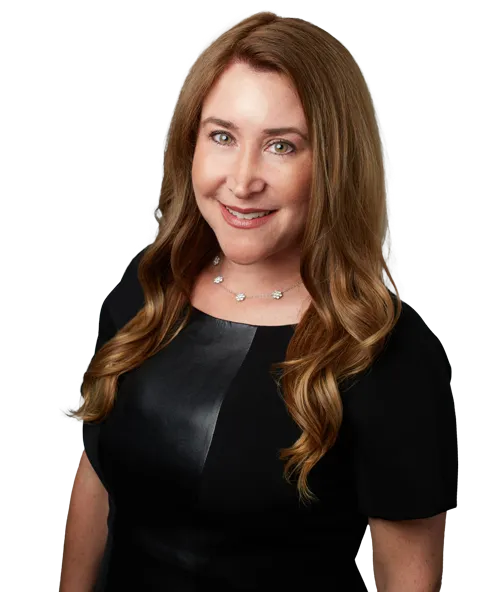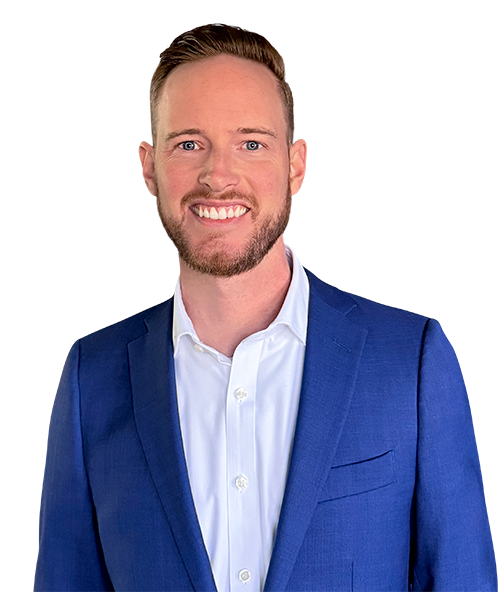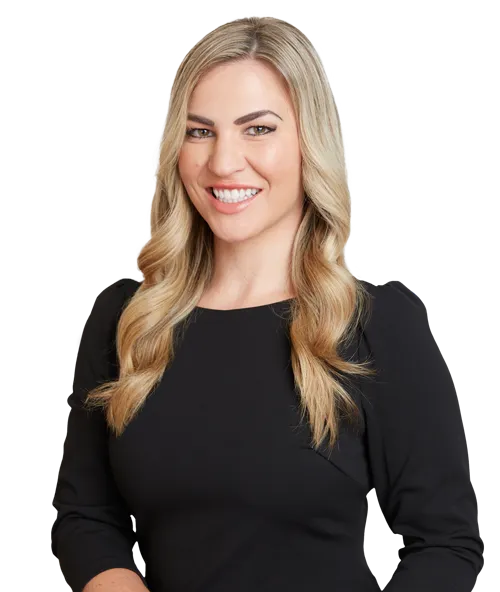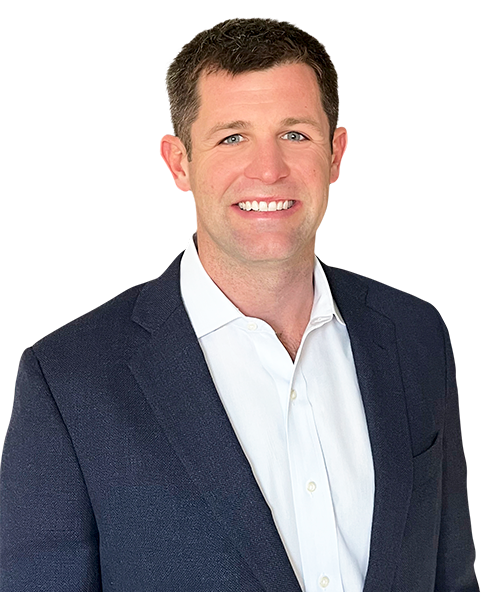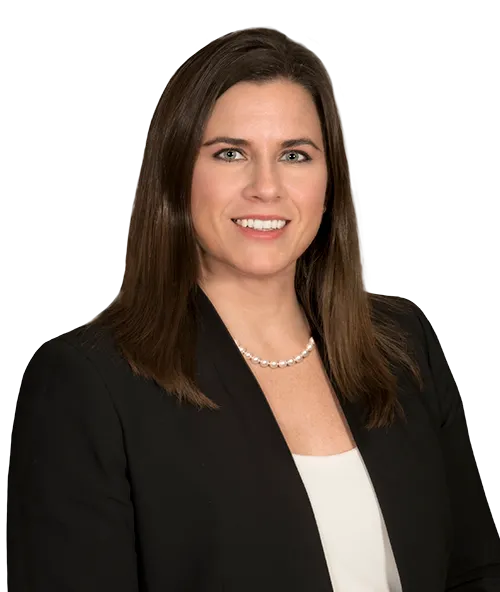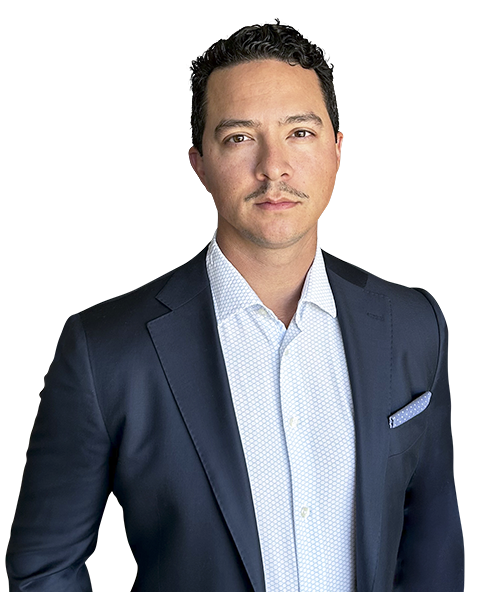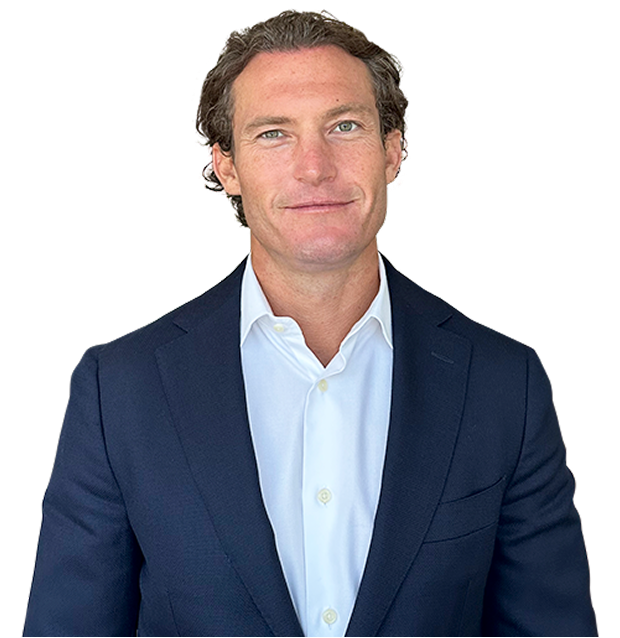
Alyssa is Lido’s second longest tenured employee and first female partner, and a recognized advocate for empowering women.
Joined Lido: 2004
Homebase: Los Angeles
Professional Focus: Alyssa works closely with high net-worth and entrepreneur clients. As President of Lido Consulting, a related firm, she also works with family offices. Created the Certificate in Financial Management for the Family Office program at Pepperdine University.
Professional Designations: Certified Public Accountant, CERTIFIED FINANCIAL PLANNER™
Previous Work Highlights: A third generation licensed CPA, Alyssa started her career at Rothstein Kass & Co. (now KPMG) where she performed audits, prepared tax returns, and provided back-office services for numerous hedge funds.
Personal Facts: She is extremely philanthropic, devoting time and financial support to organizations focused on medical and youth issues. Alyssa is on the Board of Directors of C5LA, which works with high-potential teens from under-resourced communities.
